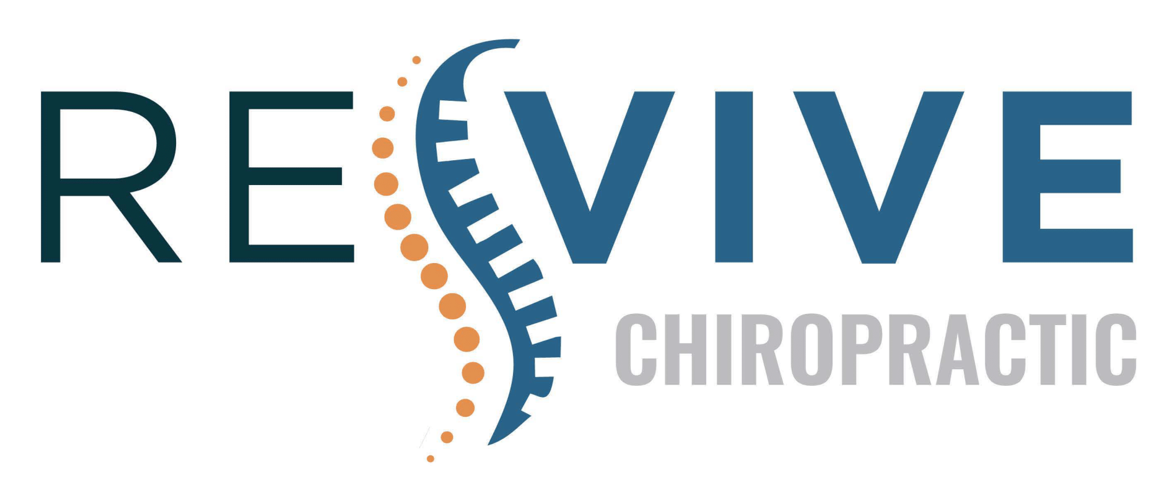When you experience a sports injury, it's easy to brush it off or hope it'll heal on its own, but that can lead to bigger problems down the line. Seeking professional help not only guarantees an accurate diagnosis but also provides a structured path to recovery, tailored to your specific needs. By understanding the severity of your injury and creating a personalized treatment plan, you can avoid chronic issues and get back to your sport more safely. But what are the key benefits of addressing these injuries early?
Understanding Injury Severity
When you experience a sports injury, it's crucial to understand its severity. Recognizing whether your injury is minor or serious can make a huge difference in your recovery process. A sprain or strain might seem manageable, but if it's more severe, ignoring the signs can lead to complications.
Start by evaluating your pain level. If you're dealing with sharp, persistent pain, it's a signal that something more serious might be at play. Swelling, bruising, or difficulty moving the injured area also indicates a need for caution. Don't overlook these symptoms. They could mean you're facing a torn ligament or a fracture, both of which require immediate attention.
Next, consider how the injury impacts your ability to perform your sport. If you can't participate at your usual level or if you're struggling with basic movements, that's a red flag. Even if you think you can push through the pain, doing so can worsen your condition and prolong your recovery time.
Lastly, listen to your body. If it feels off, don't hesitate to seek help. The sooner you address the injury's severity, the better your chances are for a full recovery.
Benefits of Professional Assessment
Recognizing the severity of your injury is just the beginning; seeking a professional assessment can provide clarity and guidance for your recovery. When you consult a trained professional, they'll evaluate your condition using their expertise and specialized tools. This assessment goes beyond your initial symptoms and helps identify underlying issues that may not be immediately apparent.
A professional can accurately diagnose your injury and determine its specific nature. This is essential because misdiagnosis can lead to improper treatment, prolonging your recovery time and potentially worsening your condition. With a proper assessment, you'll gain an extensive understanding of your injury, enabling you to make informed decisions about your next steps.
Additionally, a professional assessment can help establish a timeline for your recovery. Understanding how long it might take to heal can alleviate anxiety, allowing you to focus on your rehabilitation and return to your sport.
Plus, knowing the expected course of recovery can help you set realistic goals and motivate you to stay committed to your rehabilitation process.
Lastly, getting a professional assessment provides you with valuable documentation of your injury. This can be important for insurance purposes or if you need to file a claim later.
Ultimately, a thorough evaluation from a qualified professional not only clarifies your injury but also empowers you with the knowledge and support needed for a successful recovery. Don't underestimate the importance of this step—your journey back to fitness starts with understanding your injury fully.
Personalized Treatment Plans
Creating a personalized treatment plan is vital for effective recovery from sports injuries. When you seek professional help, a healthcare provider will assess your unique situation, considering factors like your injury type, physical condition, and sport. This thorough evaluation allows them to tailor a plan specifically for you, guaranteeing you receive the most appropriate care.
A one-size-fits-all approach rarely works when it comes to healing. Your treatment plan may include a combination of physical therapy, medication, and specific exercises designed to strengthen the affected area. By addressing your individual needs, your plan can help minimize pain and reduce the risk of re-injury.
Moreover, a personalized treatment plan takes into account your goals and lifestyle. Whether you aim to return to competitive play or want to enjoy recreational activities, your plan can be adjusted to align with your aspirations. This not only keeps you motivated but also helps you stick to the prescribed regimen.
Regular follow-ups are essential to your recovery. Your healthcare provider will monitor your progress and make necessary adjustments to your treatment plan. This ongoing assessment guarantees that you're on the right track and provides an opportunity to address any concerns that may arise during your healing process.
Effective Rehabilitation Strategies
Effective rehabilitation strategies are essential for a successful recovery from sports injuries. When you face an injury, it's important to follow a structured approach that helps you regain strength, flexibility, and function. Start with a thorough assessment by a healthcare professional who understands the specifics of your injury. This assessment will guide your rehabilitation plan.
In the early stages, focus on rest and ice to reduce inflammation and pain. Once the acute phase passes, it's time to gradually introduce range-of-motion exercises. These movements will help restore flexibility and prevent stiffness. Make sure to perform these exercises consistently, as they're critical for your recovery.
As you progress, strength training becomes significant. Engage in targeted exercises that strengthen the muscles surrounding the injured area. This not only aids recovery but also helps prevent future injuries. Remember to listen to your body; if something doesn't feel right, don't push through the pain.
Incorporating functional activities is another key aspect of rehabilitation. Engage in movements that mimic your sport, which can help you shift back to your normal routine more smoothly.
It's also beneficial to work with a physical therapist who can provide guidance and adjust your program based on your progress.
Lastly, don't underestimate the importance of mental recovery. Stay positive and visualize your goals. By committing to these effective rehabilitation strategies, you'll enhance your chances of a full recovery and return to the sport you love.
Long-Term Health Considerations
Recovering from a sports injury isn't just about getting back in the game; it's also about considering your long-term health. If you don't address the underlying issues of your injury, you risk creating chronic problems that could affect your performance and overall quality of life. Ignoring pain or discomfort can lead to compensatory movements, putting unnecessary strain on other parts of your body.
Seeking professional help guarantees you're not just treating symptoms but also understanding the root cause of your injury. A healthcare provider can guide you through a tailored rehabilitation program, focusing on strengthening the affected area and improving flexibility. This proactive approach reduces the chance of re-injury and helps you maintain peak physical condition.
Moreover, early intervention can greatly impact your long-term health outcomes. It may prevent the development of arthritis or other degenerative conditions that often arise from untreated injuries. By taking your recovery seriously now, you're investing in your future athletic performance and daily activities.
Incorporating preventive measures, like proper warm-up routines and strength training, can also protect you against future injuries. Staying informed about your body and its limits is essential.
Conclusion
In seeking help for sports injuries, you're taking a crucial step toward your recovery. By understanding injury severity and getting a professional assessment, you set the stage for a personalized treatment plan that fits your needs. Effective rehabilitation strategies not only help you regain strength but also prevent future issues. Prioritizing your long-term health guarantees you'll be back in the game stronger and more resilient. Don't wait—get the support you need to recover and thrive.



